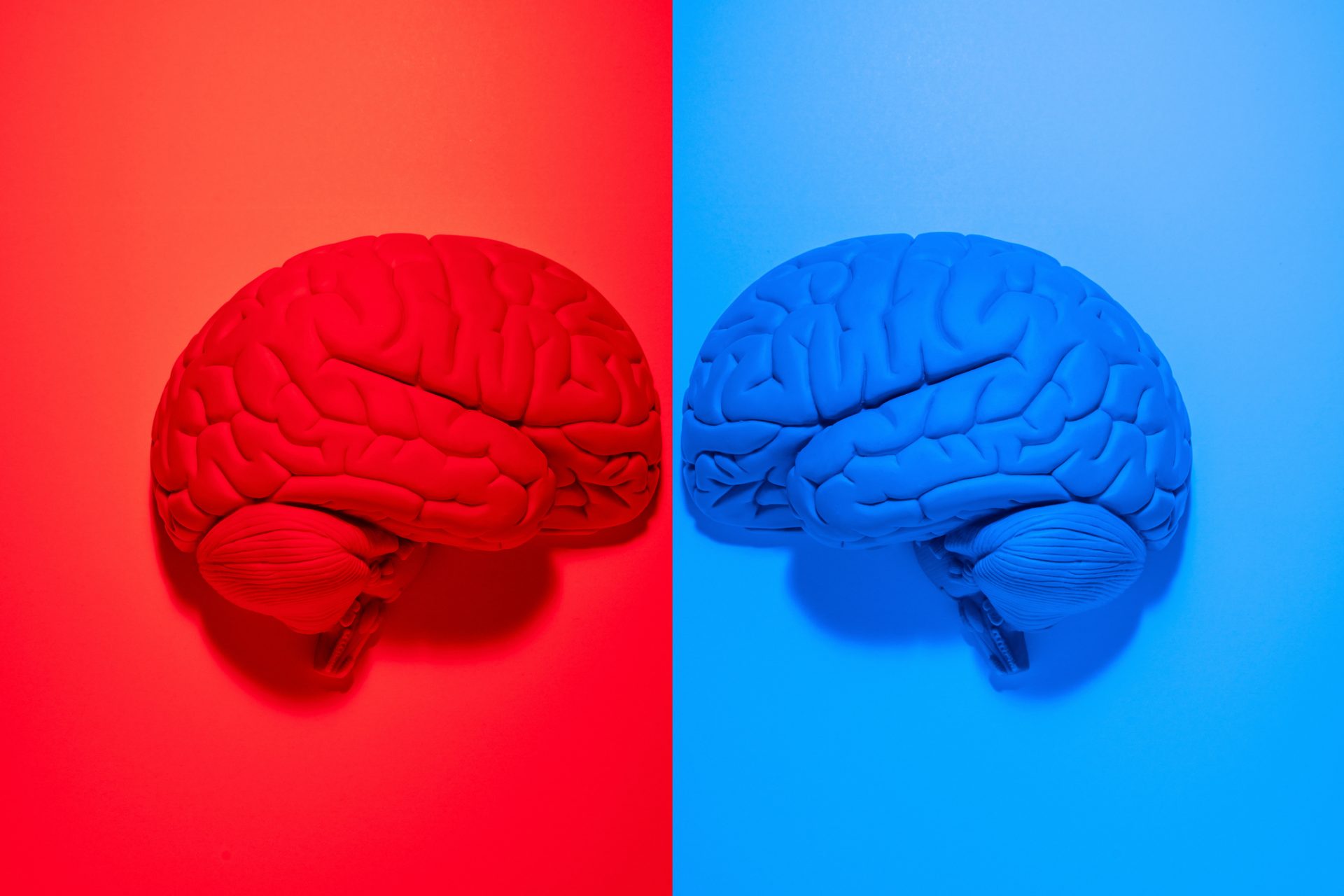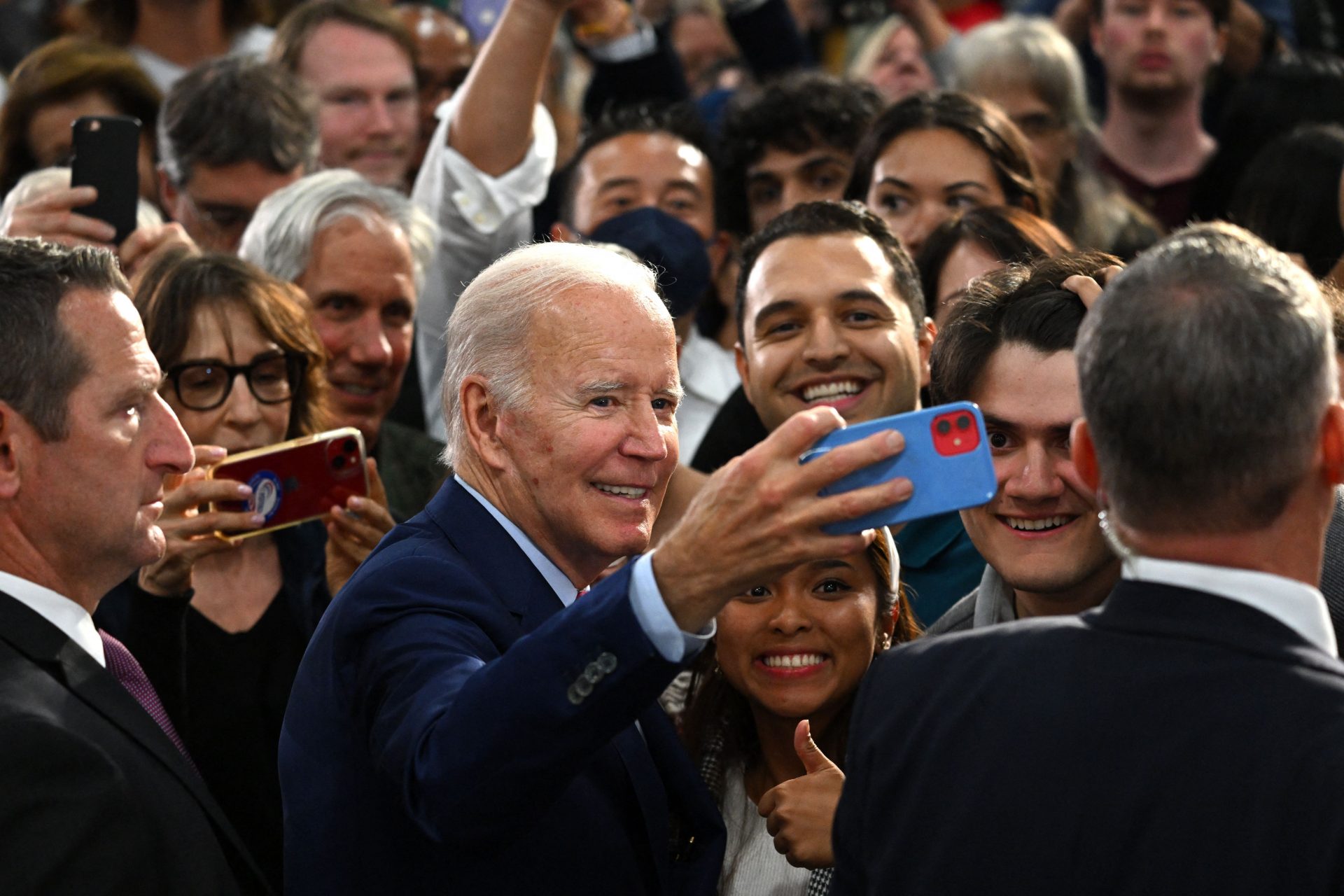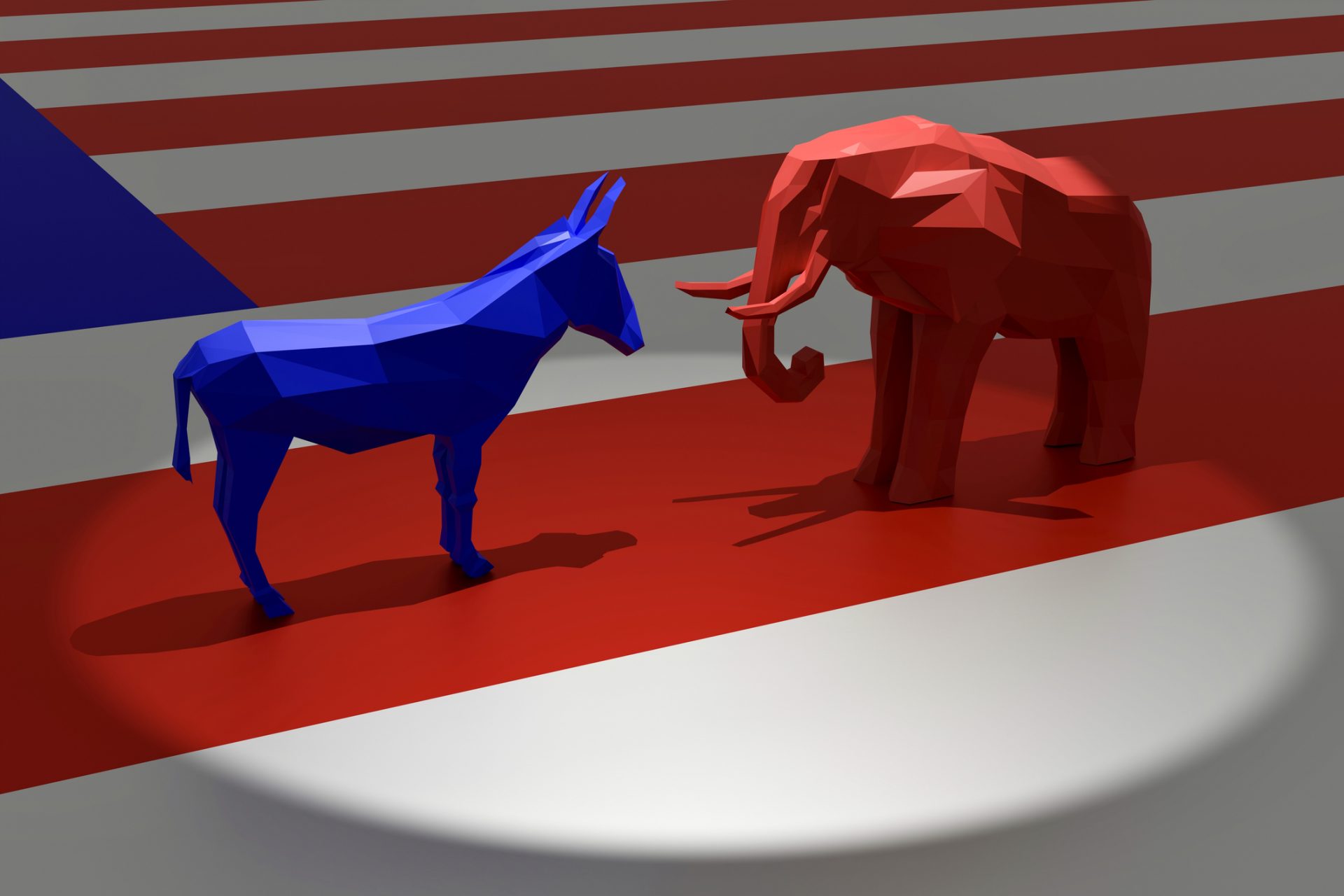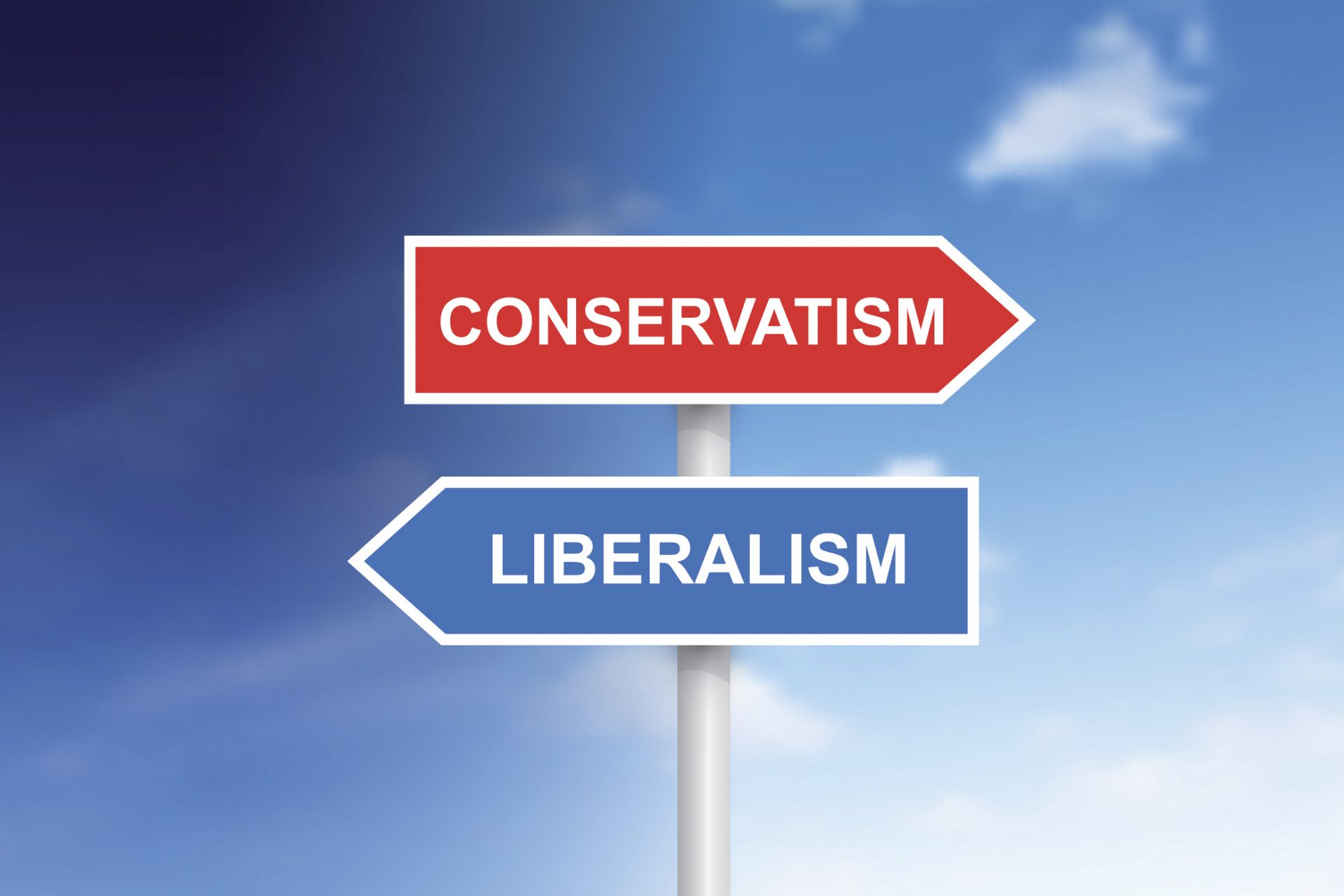Genetics and intelligence might explain why people lean liberal
Political beliefs might have a lot to do with an individual's intelligence and genetics more than any other factor according to research that discovered a proclivity toward liberalism and away from authoritarianism may be somewhat biological.
The research was published in the journal Intelligence and found that a person's political beliefs may not be completely related to their environment and upbringing and may also be influenced by the genetic variations that affect intelligence.
PsyPost’s Eric Dolan reported that previous research into the topic has revealed beliefs about politics, specifically how intelligence influences views, have linked intelligence to socially liberal views and fiscal conservatism to a lesser extent.
However, what causes those with higher intelligence to adopt socially liberal views has not been identified by researchers or obscured by other factors including an individual's education, socioeconomic status, and broad environmental influences.
It was this gap in the science that prompted researchers to look into what caused liberal beliefs according to study author Tobias Edwards, who told PsyPost psychologists have reported hundreds of instances of correlation between intelligence and beliefs.
“Despite much interest in the topic, we have had little knowledge of why this link exists, let alone whether it may be causal. As the old cliché goes; correlation is not necessarily causation,” Edwards explained. So what did he find?
Well, first, Edwards discovered that intelligence within families could predict left-wing political views. Moreover, Edwards discovered that DNA predictors could also predict political beliefs within families as well.
Edwards used data from the Sibling Interaction and Behavior Study, a dataset Eric Dolan noted gathered extensive information on adoptive and biological families between 1998 and 2003, to make his discoveries.
Eight-two pairs of biological siblings, ninety-six pairs of adopted siblings, and thirty-five pairs made up of one adopting sibling and one biological were selected as the sample group for the study, which looked at a variety of intelligence tests the groups took.
Researchers looked at IQ scores from traditional and reliable methods of testing one’s IQ as well as polygenic scores the sample sibling pairs had taken of their educational attainment and cognitive performance.
“Polygenic scores represent an aggregate measure of genetic predisposition to certain traits. They are calculated by summing the effects of numerous genetic variants across the genome, each contributing a small amount to the trait of interest,” Dolan explained.
Both IQ scores and polygenic scores turned out to be reliable predictors of the political views an individual held and Dolan noted the researchers’ findings were consistent even when controlling for a variety of socioeconomic factors.
“We find both IQ and genetic indicators of intelligence, known as polygenic scores, can help predict which of two siblings tends to be more liberal,” Edwards explained before he went on to explain why the study’s findings were significant.
Edwards told PsyPost that the individuals studied grew up under the same roof, which implies they would have been exposed to environmental factors that could influence their political orientation as they grew up.
“This implies that intelligence is associated with political beliefs, not solely because of environment or upbringing, but rather that the genetic variation for intelligence may play a part in influencing our political differences,” Edwards said.
Siblings who had higher IQ scores or more favorable polygenic scores were more likely to also hold liberal views compared to their siblings, a finding that Dolan reported was consistent across biological and adoptive families.
Why intelligence may play a role in predicting political orientation is something Edwards could not explain but he did note that political preferences and beliefs may be changing over time since his team made a surprising discovery.
“We found intelligence to negatively predict fiscal conservatism, whilst past research has typically found the opposite result,” Edwards said. “Our sample consisted of Americans, questioned on their political views around 2017, suggesting that the relationship between intelligence and political beliefs may have changed over time.”
More for you
Top Stories































